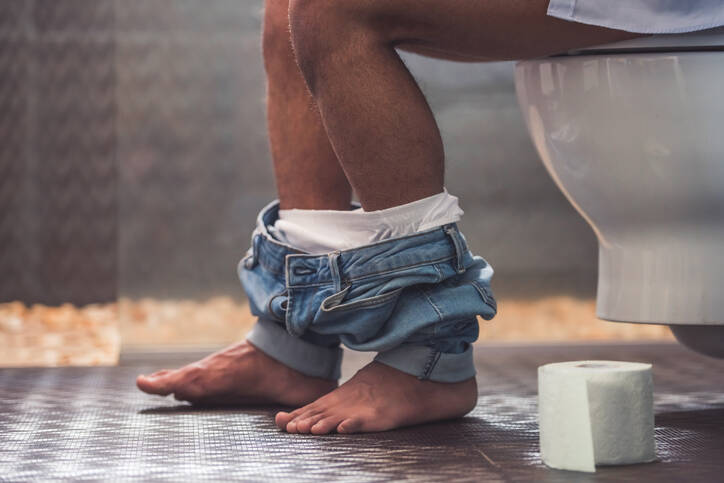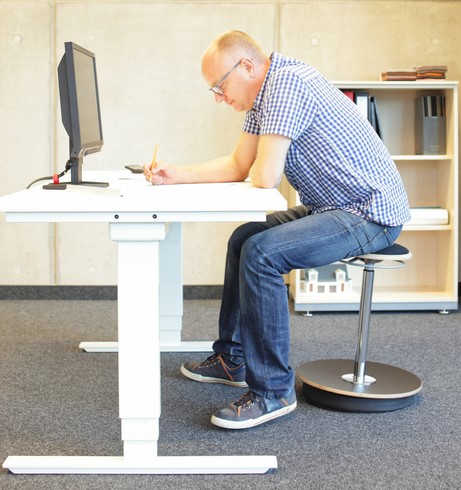- Sumida, Keiichi; Molnar, Miklos Z; Potukuchi, Praveen K; Thomas, Fridtjof; Ling, Jun Lu; Yamagata, Kunihiro; Zadeh, Kamyar Kalantar; Kovesdy, Casba P (February 2019). "Constipation and risk of death and cardiovascular events". Atherosclerosis. 281: 114–120.
- Hod, Keren; Ringel, Yehuda (February 2016). "Probiotics in functional bowel disorders". Best Practice & Research Clinical Gastroenterology. 30 (1): 89–97.
- Fiocchi, Claudio (1998). "Inflammatory bowel disease: Etiology and pathogenesis". Gastroenterology. 115 (1): 182–205.
- Baumgart, Daniel C; Sandborn, William J (November 2012). "Crohn's disease". The Lancet. 380 (9853): 1590–1605.
- Agrawal, Manasi; Colombel, Jean-Frederic (2019). "Treat-to-Target in Inflammatory Bowel Diseases, What Is the Target and How Do We Treat?". Gastrointestinal Endoscopy Clinics of North America. 29 (3): 421–436.
- Kelsen, Juridth R; Russo, Pierre; Sullivan, Kathleen E (February 2019). "Early-Onset Inflammatory Bowel Disease". Immunology and Allergy Clinics of North America. 39 (1): 63–79.
- Mak, Wing Yan; Hart, Alisa L; Ng, Siew C (2019). "Crohn's disease". Medicine. 47 (6): 377–387.
- Steed, Helen (May 2019). "Ulcerative colitis". Medicine. 47 (6): 371–376.
- Jeong, Dong Yeon; Kim, Seung; Son, Min Ji; Son, Chei Yun; Kim, Jong Yeob; Kronbichler, Andreas; Lee, Keum Hwa; Shin, Jae II (May 2019). "Induction and maintenance treatment of inflammatory bowel disease: A comprehensive review". Autoimmunity Reviews. 18 (5): 439–454.
- Waldman, Steven D. (2019). "Irritable Bowel Syndrome". Atlas of Common Pain Syndromes. pp. 294–297.
- Farmer, Adam D; Ruffle, James K (May 2019). "Irritable bowel syndrome". Medicine. 47 (6): 350–353.
- Long, Brit; Robertson, Jennifer; Koyfman, Alex (February 2019). "Emergency Medicine Evaluation and Management of Small Bowel Obstruction: Evidence-Based Recommendations". The Journal of Emergency Medicine. 56 (2): 166–176.
- Johnston, Lily E.; Hanks, John B. (2019). "Small Bowel Obstruction". Shackelford's Surgery of the Alimentary Tract, 2 Volume Set. pp. 842–850.
- Farkas, Nicholas G.; Welman, Ted Joseph P.; Ross, Talisa; Brown, Sarah; Smith, Jason J.; Pawa, Nikhil (February 2019). "Unusual causes of large bowel obstruction". Current Problems in Surgery. 56 (2): 49–90.
- Frago, Ricardo; Ramirez, Elena; Millan, Monica; Kreisler, Esther; Valle, Emilio del; Biondo, Sebastiano (January 2014). "Current management of acute malignant large bowel obstruction: a systematic review". The American Journal of Surgery. 207 (1): 127–138.
Painful bowel movements: What does sharp pain, burning, itching or pressure mean?

Photo source: Getty images












